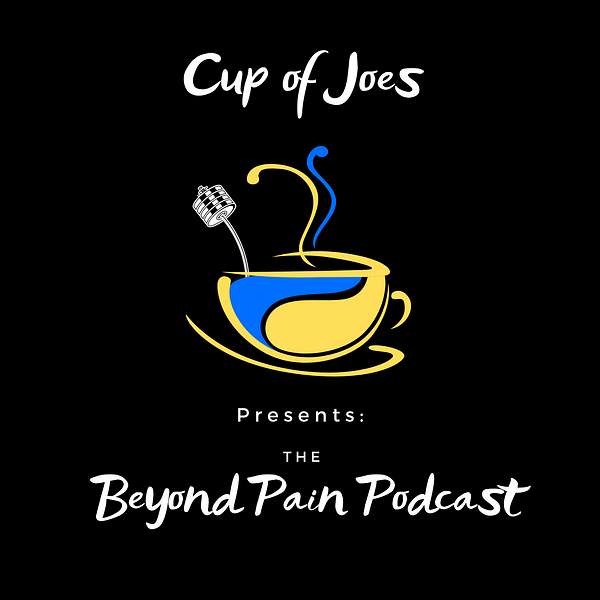
The Beyond Pain Podcast
Struggling with pain? Does it affect your workouts, golf game, plans for your next half marathon? Join The Joe's, two physical therapists, as they discuss navigating and overcoming pain so you can move beyond it and get back to the activities you love most. Whether you're recovering from an injury, dealing with chronic pain, or want to reduce the likelihood of injury tune into The Beyond Pain podcast for pain education, mobility, self-care tips, and stories of those who have been in your shoes before and their journey beyond pain.
The Beyond Pain Podcast
Episode 29: Engaging the Process with Michael Ranfone
DM Us! We love chatting with our audience, please feel free to do so on Instagram and say what's up!
Want to work with us? Apply here!
Watch on YouTube here.
Summary
In this episode of the Beyond Pain podcast, hosts Joe Gambino and Joe LaVacca welcome performance coach Mike Ramphone. The conversation explores various themes including personal growth, injury recovery, and innovative healthcare approaches. Mike shares his journey from suffering a life-altering injury to finding purpose in strength and conditioning, emphasizing the importance of mentorship and trust in the healthcare system. The discussion also touches on coffee preferences, business insights, and the evolving landscape of proactive healthcare. In this conversation, Michael discusses the importance of proactive health and wellness strategies, emphasizing the need for a shift from reactive healthcare to a more preventive approach. He shares his personal journey through injury and trauma, highlighting the mental resilience required to navigate these challenges. The discussion also delves into motivation and accountability in fitness, the significance of engaging with the process of change, and practical strategies for time management and skill acquisition. Michael advocates for a mindset shift towards empowerment and informed decision-making in health and wellness.
Takeaways
Personal growth often stems from overcoming adversity.
Injuries can lead to identity crises.
Strength and conditioning can help in personal development.
Mentorship is crucial for professional growth.
Trust in healthcare can be difficult to rebuild.
There are both good and bad providers in healthcare.
Proactive healthcare offers alternatives to traditional systems.
Personal experiences shape professional perspectives.
Community and support are vital in recovery. Proactive health strategies can
minimize reliance on reactive healthcare.
Mental resilience is crucial in navigating injury and trauma.
Motivation is demonstrated through action, not just intention.
Engaging with the process of change is more effective than blind trust.
Time management is a critical skill that is often overlooked.
Recording time can reveal patterns and areas for improvement.
Accountability is key to maintaining progress in fitness.
Nutrition and fitness should be viewed as skills to be developed.
Empowerment comes from taking responsibility for one's health.
Understanding where time goes can lead to better life choices.